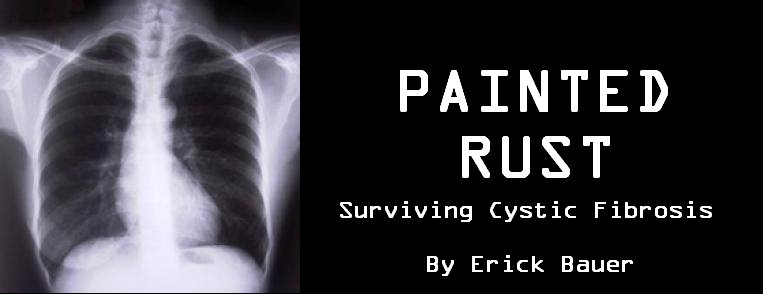 There are times when we choose to dwell unnecessarily on the insignificant circumstances of our own petty lives. Call it what you will: narcissism, egoism, conceitedness, etc. The fact is, we are all guilty of it.
There are times when we choose to dwell unnecessarily on the insignificant circumstances of our own petty lives. Call it what you will: narcissism, egoism, conceitedness, etc. The fact is, we are all guilty of it.Problems, trials, tribulations, troubles; they are, on their own, trivial notions. Yet, when they become personalized, when they touch our lives and affect our daily musings, they become entrenched with a new form of individual significance.
Why is this problematic? Quite simply, it is an egocentric way of existing. We truly believe that our own circumstances are distinctive, exclusive and idiosyncratic.
The harsh realization is that nothing we experience, no matter how personal or individualistic it may seem, is truly ours. The difficulties an individual encounters on a daily basis are not unique to that individual. On the contrary, millions of other individuals also share the same difficulties, the same predicaments and the same strife.
The reality is, our problems are generic - not individualistic. If we were to put our audacity aside, we would be more inclined to accept this misunderstood truth.
We are a population of bold, brave and confident individuals; however, we are – more often then not – fiercely out of touch with reality.
The troubles that affect those around you will undoubtedly end up affecting you as well. Yet, we often choose to disregard these problems. We discount the significance of a particular problem until the very moment that it becomes personalized. It is at this point that the dwelling begins. We complain, we grumble and we object to the unfairness of the situation. These problems, however, are rarely unfair, unjust, or unreasonable. Often, these problems are brought on by our own naïve and ignorant behaviors.
Ask yourself: are your problems really YOUR problems? More importantly, do they warrant the kind of idiosyncratic griping that has become the social norm? Perspective is essential; be realistic when dealing with your own ostensible troubles.
Life is short; focus on the good stuff.








